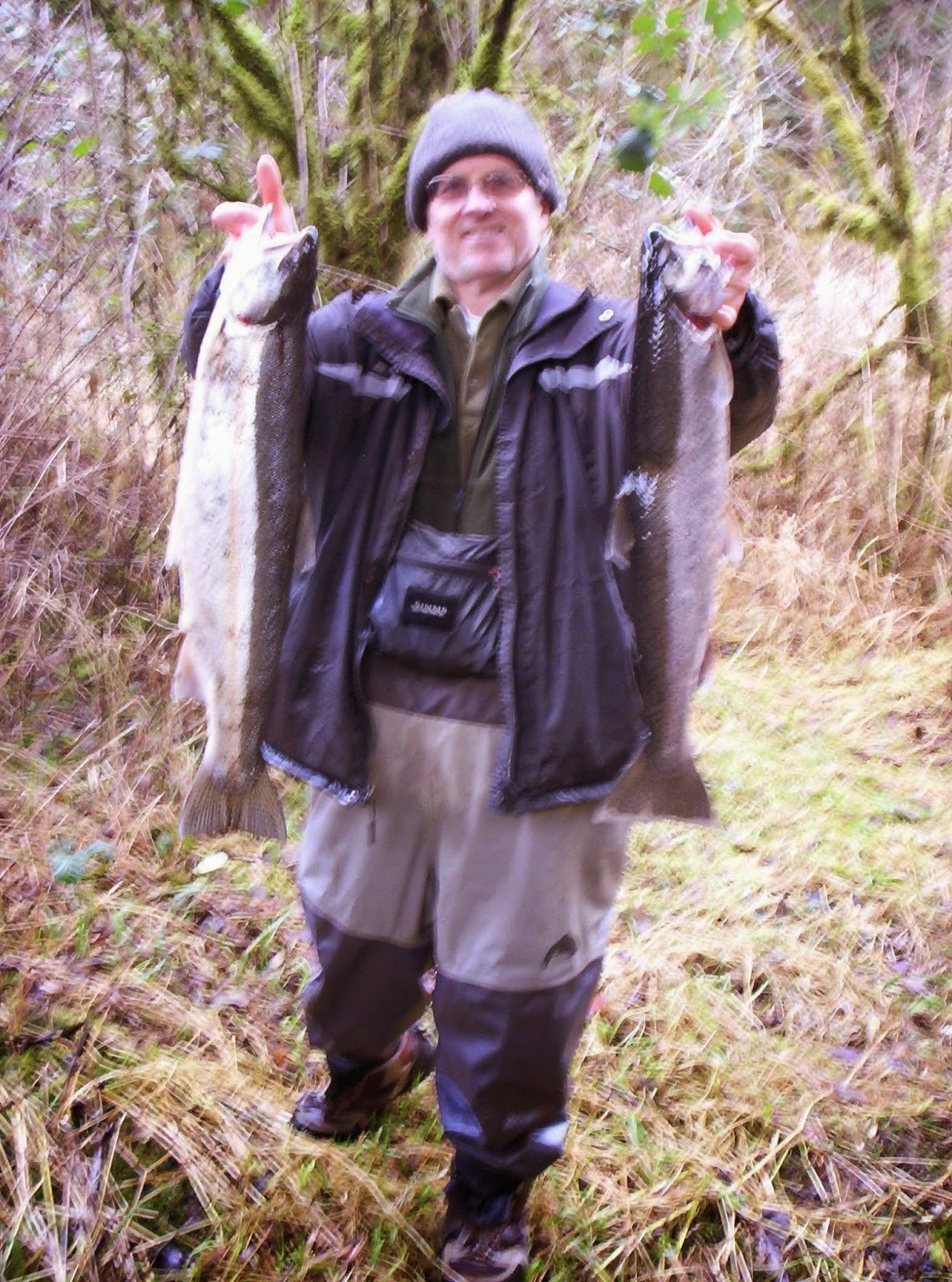"My personal motto has always been: Joy in spite of everything. Not just [mindless] joy, but joy in spite of everything. Recognizing the inequities and the suffering and the corruption and all that but refusing to let it rain on my parade. And I advocate this to other people." ~ Tom Robbins
I love teaching creative writing (even to you, Hieronomous), and lit. but composition class grading has become too exhausting. Hence, the Robbins quote above. Soon, I will be trading these:
for these:Mountains of papers to grade.
But not for long. Reduced load/early retirement will happen in a few years, or before.
I could start a "Send Scott Fishing Fund" but I know deep in my barbed heart Amnesty International and Eugene Bell Foundation are better causes.
"Stop whining, you lazy professor," some have said, and will say. Someday, I hope to call in to work well. It reminds me of an interview, "Tom Robbins: Joy in Spite of Everything," I assigned to students 20 years ago to get some creativity out of them. Bill Strickland, the author, gave written permission for free while George Orwell's estate wanted to charge each term to use "Politics and the English Language." Michael Hiltzik at the Los Angeles Times now links it for free, ranking it as Orwell's "No. 1" essay. Ray Bradbury wrote me a personal letter, also giving written permission to use his famous, and ecologically wise, short story, "A Sound of Thunder," without copyright restrictions. In a "Meet the Writer" box at the end of the story, Bradbury "claims to remember everything -- every book he's read, every movie he's seen, all the events of his life back to and including his birth, [ . . . .] his fantasy stories are often warnings against blind faith in science [ . . . . ]" Bradbury's success is a good reason for want-to-be-writers to "Turn on, tune in, drop out" as noted by Timothy Leary, though I would advocate mountains and rivers instead of LSD, or modern drugs like NBC, ABC, CBS, etc. Allen Ginsberg once told me and about 14 other grad students at Eastern Washington University to avoid drugs and anything that can weaken one's potential as a writer. William Stafford said the best way to write 40 years is to avoid alcohol.
Anyway, here are memorable excerpts from the Strickland interview with Robbins: “One day, I had gone to the bank, and was hurrying back to the Seattle Times, back to my job. I was walking very fast and very intently, with my coattails flapping and my tie swinging over my shoulder. I was a harried young man, on the way up. And in the distance, I saw a figure approaching — a man with red hair, bewhiskered not like he cultivated a beard, but more like he’d been drunk for four days and hadn’t shaved. Wearing a World War II overcoat, the hem dragging the sidewalk."
“And he was singing, walking up the sidewalk singing. When he got really close to me — he was watching me all the way because I was watching him — he looked at me in the face and laughed, burst out in derisive laughter. It was as if he had seen through me, and registered all my areas of discontent, and then laughed at it all. He might have been a mesquilito, a peyote god, a Pan-like figure. I just call him the red-headed wino.”
“On Monday, I called into work well. I said, ‘I’ve been sick for a long time, but I’m well today so I can’t make it in.’ I went to New York.”




No comments:
Post a Comment